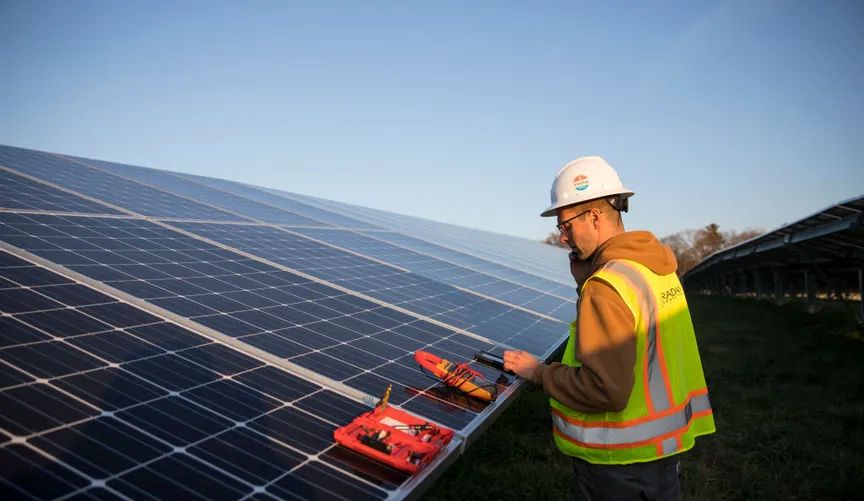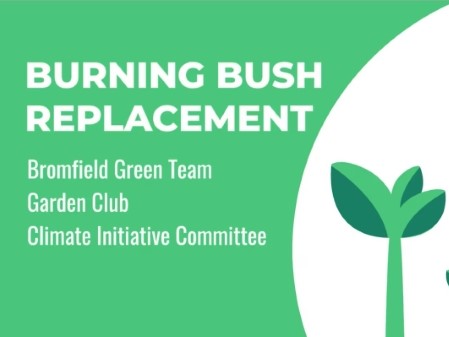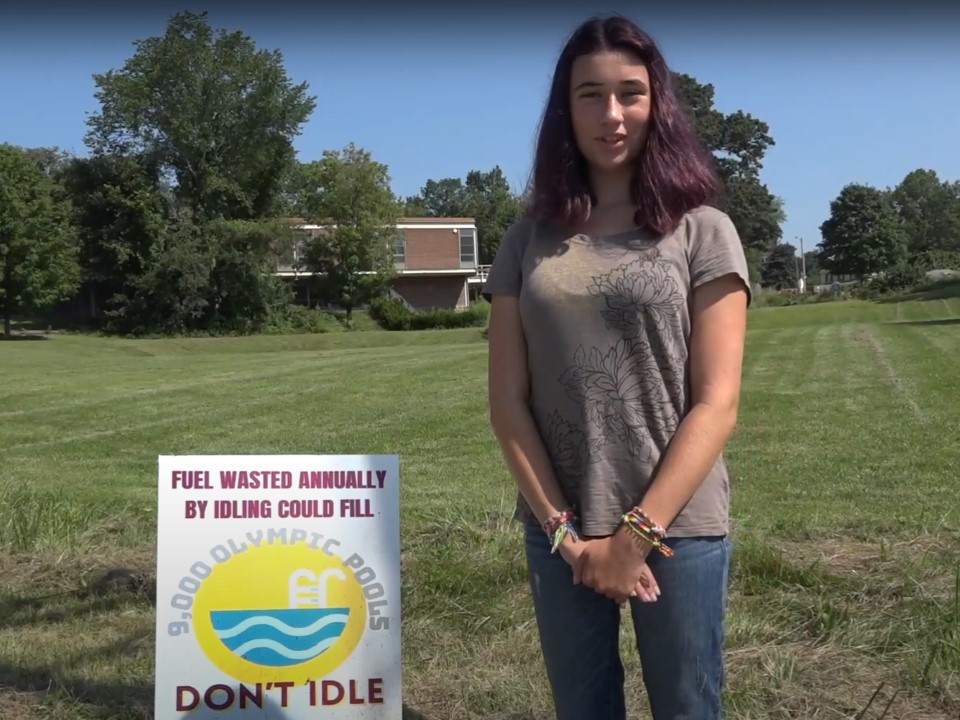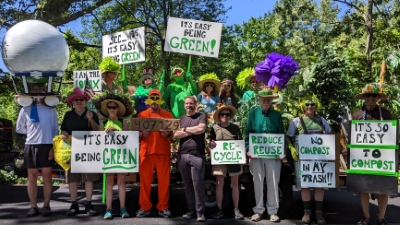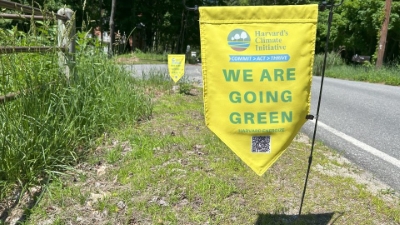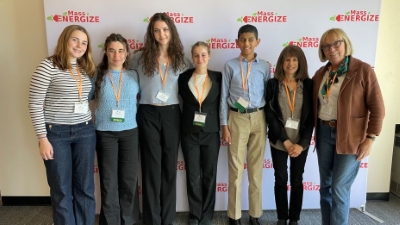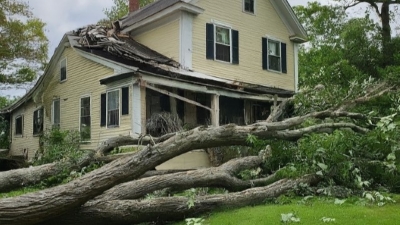On Climate: The One Big Beautiful Bill Act and other climate setbacks
Published: August 29, 2025
The One Big Beautiful Bill Act, signed into law this summer, contained numerous provisions, but its most significant changes were in the area of climate change. The law is just one of many ways the federal government has weakened climate initiatives. Here are 10 of the most significant rollbacks.
1. Repealing the EPA’s endangerment finding
In its potentially most far-reaching move, the Environmental Protection Agency proposed rescinding its 2009 Endangerment Finding. This finding determined that greenhouse gases endanger public health and welfare, and it’s the legal basis for regulating emissions from vehicles, power plants, and other sources. Without it, existing limits on greenhouse gas pollution will be eliminated, and future administrations will be prevented from reimplementing those limits.
2. Eliminating consumer clean energy tax credits
The OBBBA terminated a bunch of consumer tax credits created as part of the 2022 Inflation Reduction Act. Electric vehicle tax credits for new ($7,500) and used ($4,000) clean vehicles were eliminated for any vehicle acquired after Sept. 30, 2025. Home energy upgrade credits were terminated for any property placed in service after Dec. 31, 2025. This includes the 30% credit for rooftop solar and batteries and the $3,200 credit for efficiency improvements like windows and heat pumps. The credit for installing EV home charging equipment will end in June 2026.
3. Defunding major climate grant and loan programs
The OBBBA rescinded unobligated funds from dozens of Inflation Reduction Act programs, effectively ending them. The EPA’s $27 billion Greenhouse Gas Reduction Fund, essentially a national green bank, was defunded and cannot be revived without new legislation. The Department of Energy’s Loan Program Office stopped making clean energy loans. A number of programs focused on low-carbon transportation, resilient retrofits, and coastal resilience at the Departments of Transportation, Housing and Urban Development, and National Oceanic and Atmospheric Administration were eliminated.
4. Accelerating the phaseout of wind and solar tax credits
Under the OBBBA, wind and solar projects are no longer eligible for credits if they go live after Dec. 31, 2027. This compressed timeline is a huge challenge for developers, who often must wait years for permits to connect to the grid. In fact, this new deadline may make many existing projects unviable and will probably deter new ones from starting.
5. Repealing power plant greenhouse gas standards
The EPA proposed the repeal of carbon pollution standards for fossil-fuel-fired power plants. The agency’s argument was simple and flawed. They said that these new and existing plants “do not contribute significantly to dangerous air pollution.”
6. Tightening the rules for wind and solar tax credit eligibility
Following the passage of the OBBBA, the Treasury Department issued new rules that make it more difficult for wind and solar developers to qualify for the remaining tax credits in place until the end of 2027. Now, larger projects must demonstrate “physical work of a significant nature” to qualify, whatever that means.
7. Mandating increased fossil fuel leasing and logging
The OBBBA requires a significant increase in fossil fuel extraction and logging on public lands. The law mandates quarterly onshore oil and gas lease sales in nine western states for the next 10 years; 36 offshore oil and gas sales in the Gulf of Mexico and Alaska over the next 15 years; nine lease sales in the Arctic National Wildlife Refuge over the next 10 years; and rapidly increasing timber sales by the U.S. Forest Service and Bureau of Land Management.
8. Terminating the American Climate Corps
The administration, through an executive order, terminated the American Climate Corps. The program provided jobs in the climate sector to recent high school graduates.
9. Eliminating penalties for fuel economy noncompliance
The OBBBA got rid of the fines that car companies pay when they fail to meet the government’s Corporate Average Fuel Economy (CAFE) standards. These standards require an automaker’s entire fleet of new vehicles to meet a minimum average miles per-gallon. Without them, the program loses its primary enforcement tool, effectively halting progress on making new cars more fuel efficient.
10. Revoking an environmental quality executive order
An executive order revoked an order issued by President Jimmy Carter that had directed federal agencies to avoid supporting construction in wetlands wherever there is a practicable alternative. These rollbacks, itemized above, speak for themselves. They represent a significant reversal of American climate policy, the full consequences of which are yet to be understood.
Rich Marcello is a member of the Climate Initiative Committee.
In writing his latest novel, “The Means of Keeping,” he spent several years researching the climate crisis.
Copyright Harvard Press, LLC, 1 Still River Road, PO Box 1, Harvard, MA 01451, 2025.
This work is licensed under a Creative Commons Attribution-NonCommercial-NoDerivatives 4.0 International License



